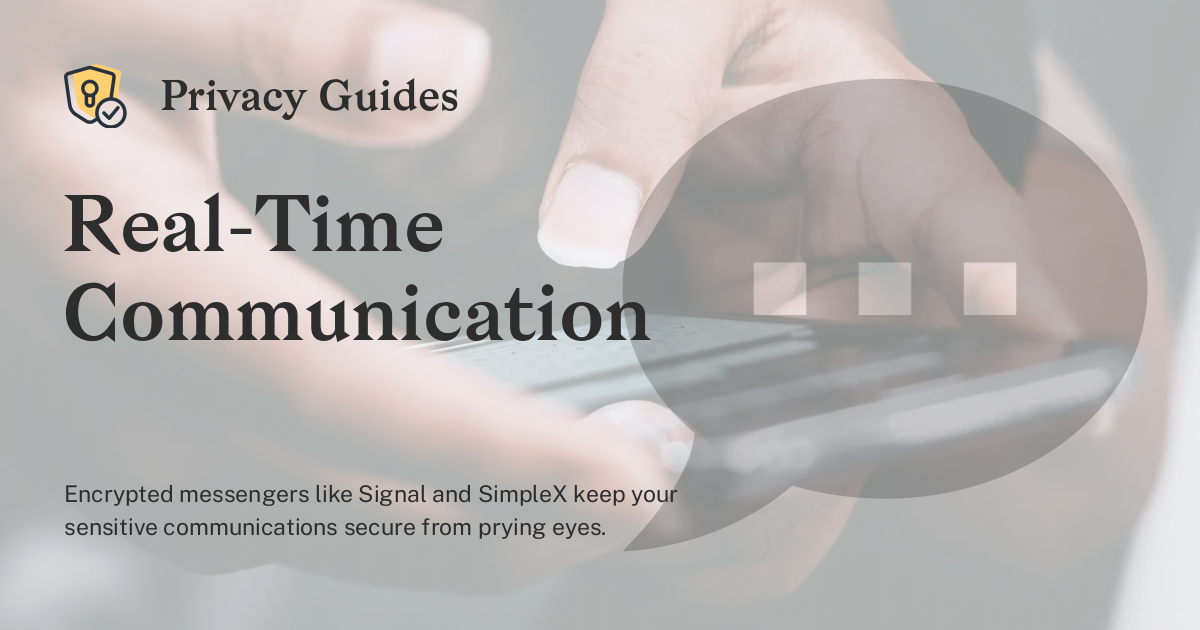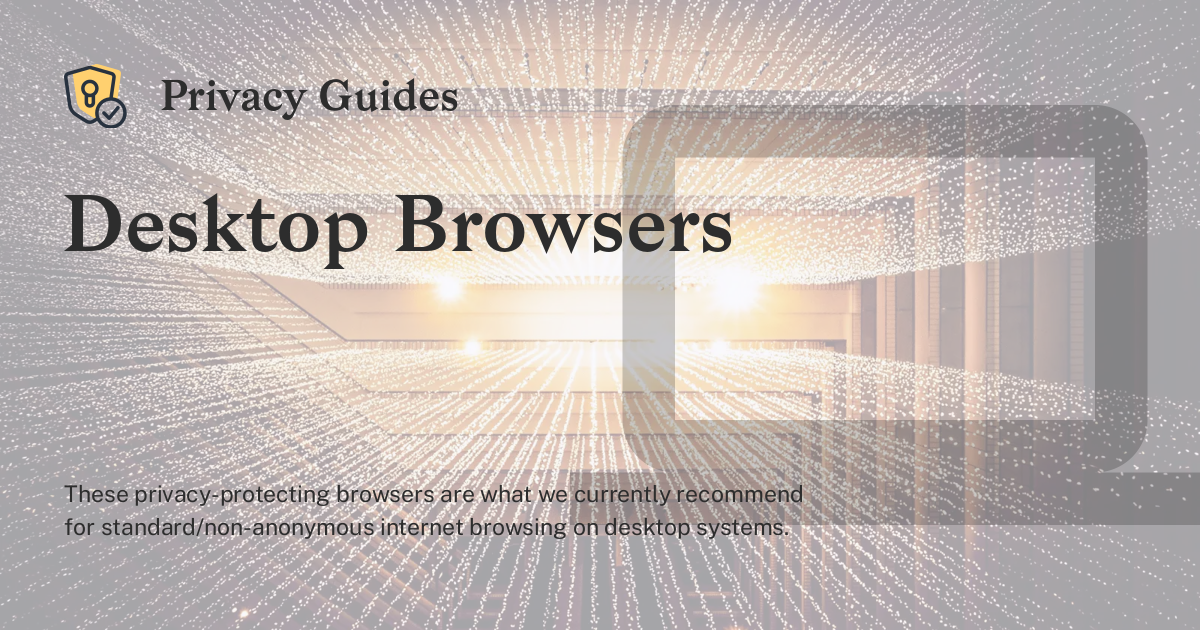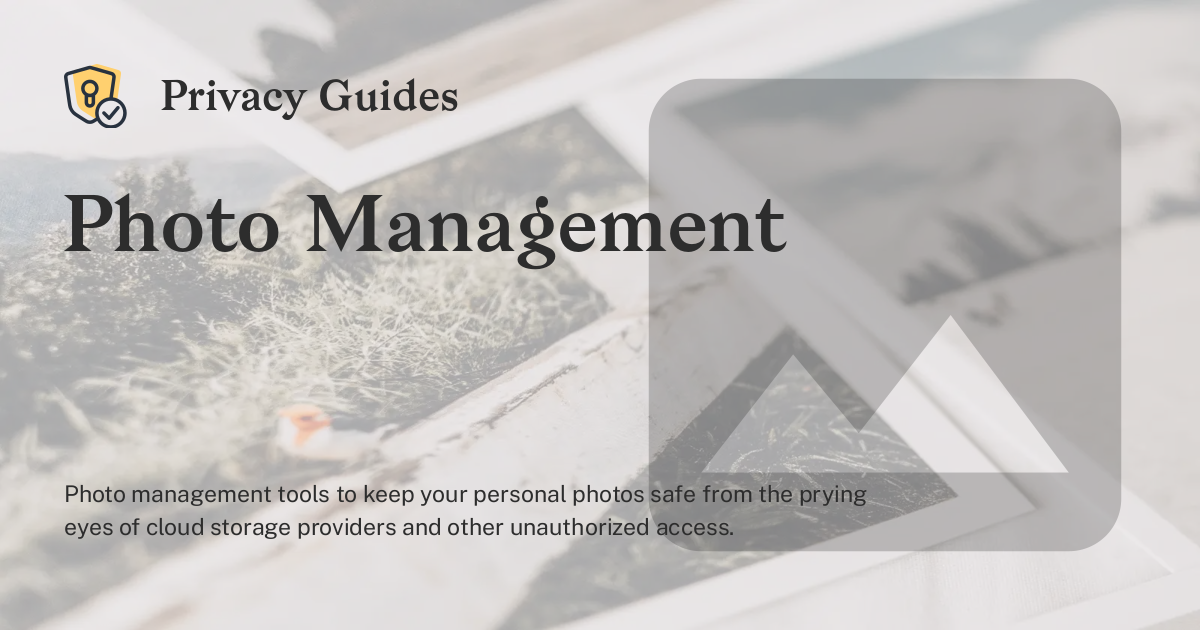
From smart vacuum cleaners sending data to foreign servers to TVs tracking viewing habits, our connected devices have become powerful tools for surveillance. However, the solution isn't abandoning technology – it's leveraging it to reclaim our digital rights.
The False Choice Between Privacy and Technology
A common misconception is that privacy and modern technology are mutually exclusive. This narrative, often pushed by those benefiting from surveillance, suggests we must choose between participating in the digital world and maintaining our privacy. However, this is a false dichotomy that ignores the tremendous potential of privacy-enhancing technologies.
Technology itself is neutral – it can be used either to surveil or to protect. While recent decades have seen it primarily deployed for surveillance purposes, we now have powerful tools to reverse this trend.
Real-World Applications of Privacy Tech
Around the world, privacy technology is already making a difference in critical situations:
Iran: During widespread protests against oppressive laws, when the government implemented internet shutdowns and banned private communication platforms, Signal's proxy services helped protesters coordinate and share information safely.

Mexico: In one of the world's most dangerous countries for journalists, encryption tools protect those investigating corruption and cartel violence, safeguarding both reporters and their sources.

China: Despite the Great Firewall's restrictions, privacy tools like VPNs and Tor enable citizens to access uncensored information and connect with the global community.

Essential Privacy Tools Available Today
Encrypted Messaging
Modern encrypted messaging apps ensure only intended recipients can read messages, with even the service providers unable to access conversations. This end-to-end encryption provides secure communication channels for personal and professional use.


Privacy-Focused Browsers
While mainstream browsers track user activity, privacy-oriented alternatives actively block tracking pixels, scripts, and bounce tracking. These browsers sanitize URLs and protect users from surveillance without sacrificing functionality.

Secure Search Engines
Unlike traditional search engines that store search histories indefinitely, privacy-respecting alternatives don't log searches or track users across the web, preventing the creation of detailed user profiles.

Private Email Services
End-to-end encrypted email platforms protect message content from provider surveillance, with options for password-protected messages when communicating with users on traditional email services.

Encrypted Calendars
Calendar applications with end-to-end encryption protect sensitive schedule information while maintaining easy migration from traditional services.

Private Media Consumption
Alternative platforms and apps enable content consumption without tracking viewing habits or building user profiles.


Secure Cloud Storage
End-to-end encrypted cloud storage solutions provide the convenience of cloud access while ensuring only users can access their data.


VPNs and Tor
Virtual Private Networks mask user locations and prevent geographic tracking, while Tor provides enhanced anonymity through its global server network.


The Future of Privacy Technology
Emerging technologies promise even greater privacy protections:
Homomorphic Encryption
This technology enables data processing without exposure, allowing services to analyze information while maintaining user privacy. Its applications span healthcare, finance, and beyond.
Decentralized Identity
Moving beyond traditional centralized ID systems, decentralized identity platforms give individuals control over their credentials while ensuring security through cryptographic tools.
Zero-Knowledge Proofs
These cryptographic methods enable verification without data exposure, with applications extending far beyond cryptocurrency privacy.
Decentralized DNS
By distributing domain resolution across peer-to-peer networks, decentralized DNS eliminates central points of control and surveillance.
AI for Privacy
While often associated with surveillance, AI can enhance privacy through:
- Local processing of language models
- Privacy-focused cloud-based LLMs
- Generation of noise to confuse data brokers
- Detection and blocking of privacy leaks

Cultural Shift Toward Privacy
Privacy awareness is growing beyond tech circles into mainstream consciousness. High-profile data breaches and surveillance revelations have increased demand for privacy-respecting services. Consumers increasingly vote with their wallets, choosing products and services that protect their data.
Creating a privacy-respecting future requires:
- Understanding technology as a neutral tool
- Embracing and developing privacy-enhancing technologies
- Supporting privacy-focused initiatives and organizations
- Educating others about available privacy tools
- Demanding accountability from companies and governments
While surveillance interests are deeply entrenched, we have both the technical tools and growing cultural momentum to reclaim digital privacy. Success depends not on rejecting technology, but on harnessing its power to protect individual rights and freedoms.
The future of privacy isn't about disconnecting – it's about empowerment through technology.
Credits: Naomi Brockwell TV


















